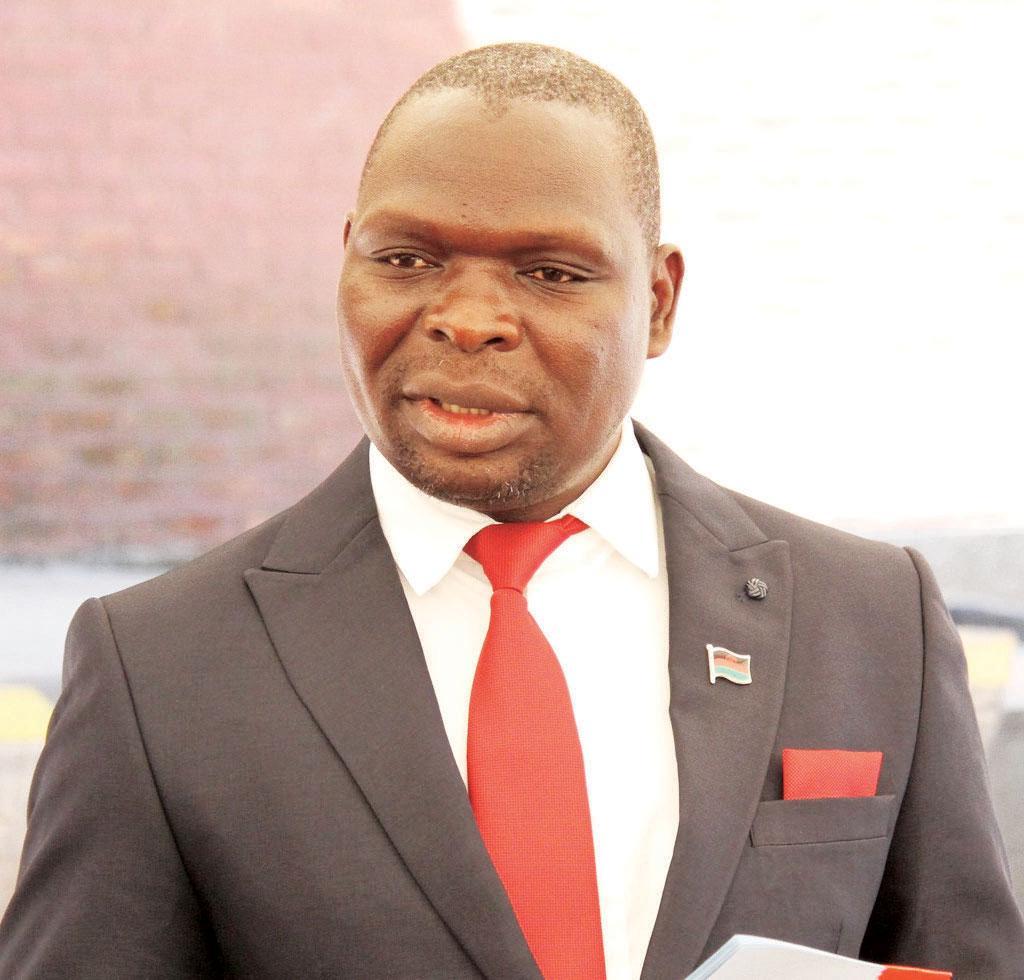By Wezzie Gausi:
Africa-Press – Malawi. Time is fast running out for authorities to save the $175 million four-year Extended Credit Facility (ECF) programme with the International Monetary Fund (IMF), with the first review yet to be concluded since May last year, we have established.
Under IMF policies, ECF arrangements automatically terminate if no programme review has been completed over an 18-month period.
This development means that Malawi has close to six months to salvage the programme, which acts as a confidence booster to international partners that the country’s economy is on track.
In a written response to our questionnaire, IMF Resident Representative Nelnan Koumtingue said that the implementation of ECF, which was approved on November 14, 2023, has faced numerous challenges.
Koumtingue said fiscal discipline remains elusive given elevated spending pressures in the absence of sufficient revenue mobilisation efforts, and rebuilding international reserve buffers is difficult in the current foreign exchange system.
He added that progress on external debt restructuring is ongoing but has not yet concluded.
Koumtingue said the ECF programme outlines a set of policies aimed at restoring macroeconomic stability.
These, he said, include commitments to improve the primary fiscal balance, adjust monetary policy in view of inflation developments, allow for gradual flexibility in exchange rate policies to support improved macroeconomic stability and accumulate foreign reserves, and external debt restructuring.
“Under the ECF programme, Malawian authorities have committed, inter alia, to implementing policies aimed at improving public financial management, normalising the foreign exchange market and strengthening the oversight of State-Owned Enterprises (SOEs).
“Such reforms include the implementation of the Integrated Financial Management Information System and its use in budget execution and commitment controls,” Koumtingue said.
Other reforms, according to the IMF official, are changes to Reserve Bank of Malawi’s foreign exchange operations to allow greater exchange rate flexibility and steps to ensure greater compliance by SOEs with the PFM Act.
Koumtingue said Malawi’s economy continues to recover from a series of shocks, as well as the effects of loose fiscal and monetary policy, among others. Economist Velli Nyirongo echoed concerns raised, warning that “without firm political.
Source: The Times Group
For More News And Analysis About Malawi Follow Africa-Press






